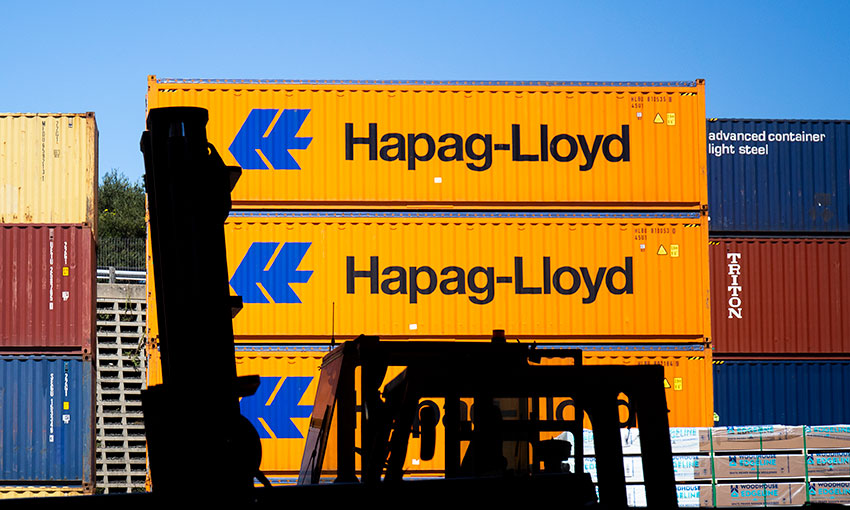HAPAG-Lloyd’s profits for 2022 reached US$18 billion (€17 billion), but with freight rates on the decline, the company said this year won’t be as spectacular.
In 2022, the company’s revenues increased to US$36.4 billion (€34.5 billion). The company said the increase could mainly be attributed to an increase in the average freight rate to US$2863 per TEU (up from 2021’s US$2003 per TEU).
According to the company’s report, Hapag-Lloyd’s EBITDA increased to US$20.5 billion (€19.4 billion). EBIT grew to US$18.5 billion (€17.5 billion).
However, the company said already by the end of the year, freight rates had “significantly” decreased due to easing congestion in ports and lower demand.
Transport volumes remained on a par with the prior-year level, at 11.8 million TEU (2021: 11.9 million TEU), due to the strained supply chains. At the same time, high inflation was clearly noticeable in the per-unit costs. Transport expenses rose by 18.5 percent, to US$14.5 billion (€13.7 billion).
Hapag-Lloyd CEO Rolf Habben Jansen said 2022 was “very successful” with “exceptionally strong” results.
“This has enabled us to strengthen our financial resilience and asset structure once again. In addition, we have improved the quality of service for our customers and invested in terminals and infrastructure as well as in the efficiency of our fleet,” he said.
“However, costs – such as for fuel, charter vessels and container handling – have risen significantly.”
Looking ahead, the company said it expects earnings to gradually normalise in the current 2023 financial year.
EBITDA is expected to be in the range of US$4.3 billion to 6.5 billion (€4 billion to 6 billion) and EBIT to be in the range of US$2.1 billion to 4.3 billion (€2 billion to 4 billion).
“However, this forecast remains subject to considerable uncertainty given the ongoing war in Ukraine and other geopolitical conflicts as well as the impacts of high inflation,” the company said.
Mr Habben Jansen said, “We have got the current financial year off to a decent start, but the economy has cooled and a significant decrease in earnings remains inevitable. So we will continue to act flexibly in the market and keep a close eye on our costs.”





